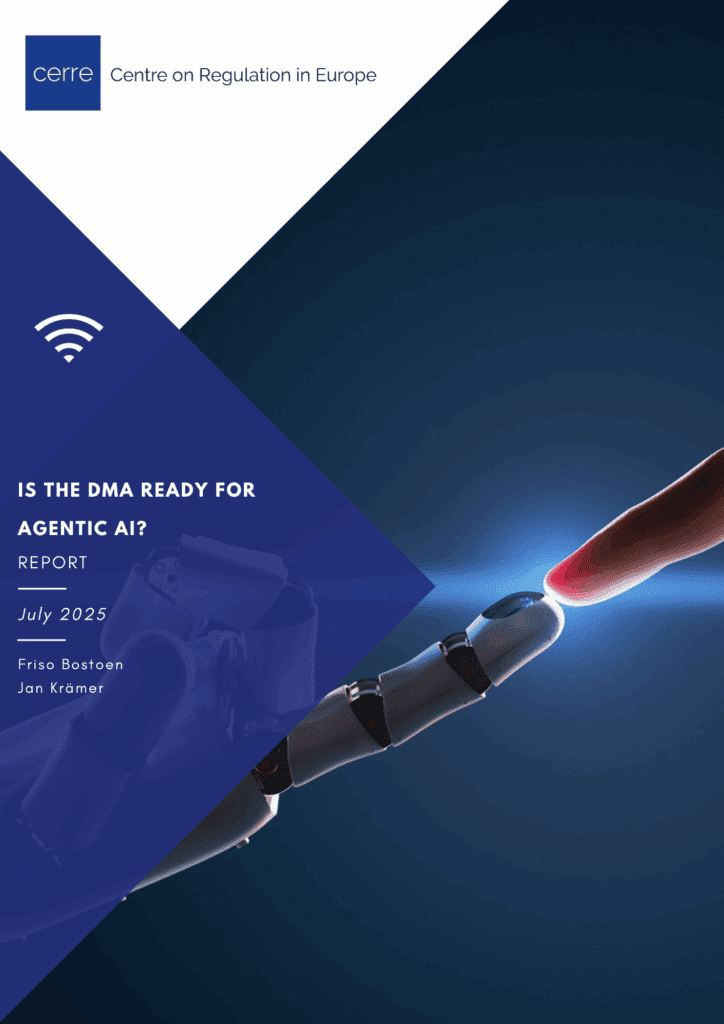Friso Bostoen
Research Fellow
and Tilburg University
and Tilburg University
Friso Bostoen is an Assistant Professor of Competition Law and Digital Regulation at Tilburg University. He obtained his Ph.D. at KU Leuven as a fellow of the Research Foundation Flanders (2021) and was a Max Weber Fellow at the European University Institute (2022–23). Friso completed his initial legal studies at KU Leuven (2016) and went on to earn an LL.M. degree from Harvard University as a Fulbright scholar (2019).
Friso’s research focuses on antitrust enforcement in digital markets. His work has resulted in numerous international publications, presentations, and awards (including the AdC Competition Policy Award 2019 and the Concurrences PhD Award 2022). He has taught competition law at a variety of institutions including KU Leuven, the London School of Economics, Erasmus University (Rotterdam), Waseda University (Tokyo) and the University of Trento.
Friso Bostoen is an Assistant Professor of Competition Law and Digital Regulation at Tilburg University. He obtained his Ph.D. at KU Leuven as a fellow of the Research Foundation Flanders (2021) and was a Max Weber Fellow at the European University Institute (2022–23). Friso completed his initial legal studies at KU Leuven (2016) and went on to earn an LL.M. degree from Harvard University as a Fulbright scholar (2019).
Friso’s research focuses on antitrust enforcement in digital markets. His work has resulted in numerous international publications, presentations, and awards (including the AdC Competition Policy Award 2019 and the Concurrences PhD Award 2022). He has taught competition law at a variety of institutions including KU Leuven, the London School of Economics, Erasmus University (Rotterdam), Waseda University (Tokyo) and the University of Trento.




